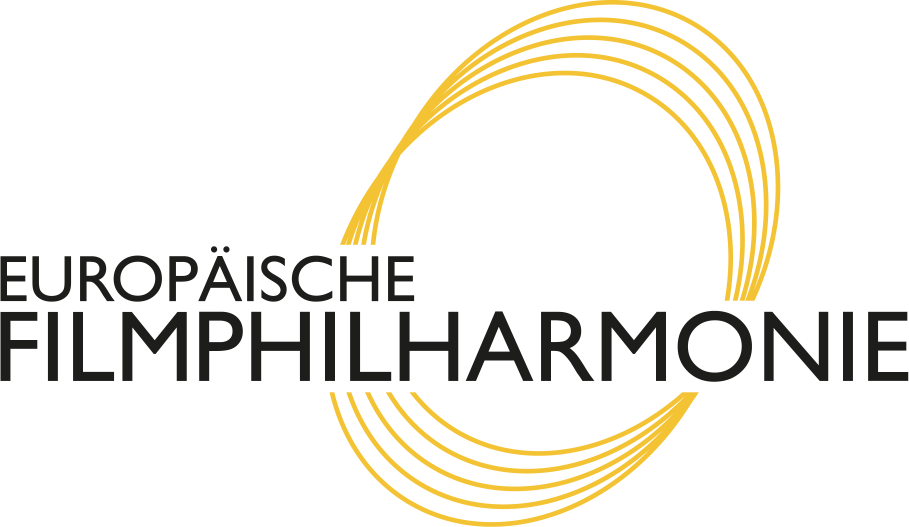Film, dance, poetry, minimalist concert music and experimental urban music: LOW / HEROES is no ordinary film concert! It is an expanded visual and aural experience. As described by its creator Renaud Cojo, LOW / HEROES is a ‘Hyper-Cycle’ whose epicentre is the city of Berlin. Its urban landscape provides a narrative and cultural context while the music revolves around three main axes – David Bowie, Philip Glass and Brian Eno, whose compositions constantly reshape and influence each other.
Back in 1976, David Bowie was living in Berlin and ready to start writing his so-called Berlin Trilogy: ‘Low’ (1976), ‘Heroes’ (1977) and ‘Lodger’ (1979). The contribution of Brian Eno to these albums was remarkable since it was the whole cultural atmosphere of former West Berlin- specifically the soundscapes flowing from electronic music bands like Neu! and Kraftwerk. Bowie’s music became permeable for more abstract, organic and complex musical structures, some of them closely related to the musical procedures of minimalism.
The distant realms of concert music and popular music merged in 1992 when Philip Glass took three songs from Bowie’s album ‘Low’ as the foundation to his First Symphony. In 1996, Glass turned again to the music of Bowie and Brian Eno for the Fourth Symphony, ‘Heroes’. In Glass’ own words: “My approach was to treat the themes very much as if they were my ownand allow their transformations to follow my own compositional bent when possible. (…) In the end, I think, I arrived at something of a real collaboration between my music and theirs.”
LOW / HEROES combines all these experiences and articulates around three dramatic episodes. The first act, ‘Low’, consists of the performance of Philip Glass’ ‘Low’ Symphony in sync with a film created by Renaud Cojo. Poignant and captivating, the film depicts a ghostly trip through the city of Berlin – a trip that perfectly matches Glass’ hypnotic music and Bowie’s personal experiences in the city, those of ‘a vagabond falling to earth’, according to music journalist Rob Sheffield.
During the second act, ‘The Diary of Nathan Adler’, actor Bertrand Belin – who portrays Bowie’s alter ego in the ‘Low’ film – steps out from the screen and turns David Bowie’s own poetic writings into a live performance, accompanied by Stef Kamil Carlens on the guitar.
For the last act, ‘Heroes’, Philip Glass’ arresting Forth Symphony is transformed into live movement and real-time video performance. Dancers Louise Lecavier and Frédéric Tavernini are filmed while they dance to Glass’ music. Their bodies are ultimately inserted into a fascinating video creation by Renaud Cojo and Laurent Rojol, which recalls some emblematic and enigmatic Berlin landscapes with expressionist ache.
In the end, it is the musical game of mirrors that guides the audience through the fascinating LOW / HEROES labyrinth. Along this journey, the traditional dichotomies and barriers between classical and popular music, between mechanical film projection and live theatrical performanceare completely challenged.

